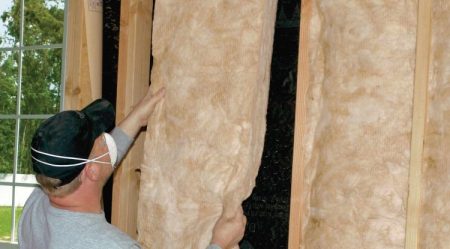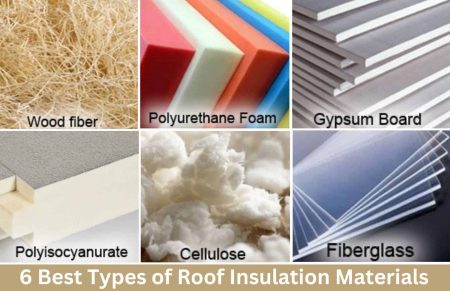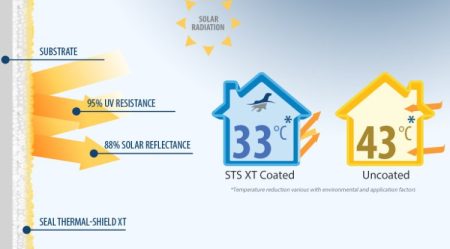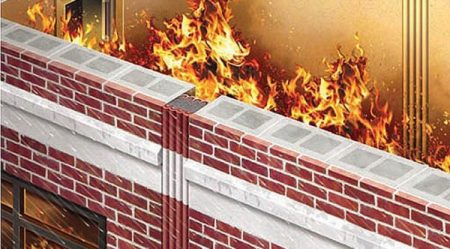Radiation Isolation Solutions for Industrial Applications
Radiation is a prevalent concern in various industrial applications, including nuclear power plants, research facilities, and industrial radiography. Effectively isolating radiation sources is crucial to protect workers, the environment, and ensure regulatory compliance. In this article, we will explore radiation isolation solutions tailored for industrial applications, focusing on key strategies, technologies, and best practices.
Contents
Understanding Industrial Radiation Sources
1. Radioactive Materials
Industrial processes involving radioactive materials, such as nuclear fuel, radioactive isotopes, and industrial radiography sources, can pose significant radiation hazards.
2. Radiation-Generating Equipment
Industrial equipment like X-ray machines, particle accelerators, and certain types of industrial machinery can emit ionizing radiation, requiring proper isolation measures.
Key Strategies for Radiation Isolation in Industrial Applications
Implementing effective radiation isolation solutions is vital for industrial settings to protect workers and the surrounding environment from the harmful effects of radiation exposure. Here are key strategies to consider:
1. Shielding and Containment
- Use of Appropriate Shielding Materials: Employing radiation-absorbing materials, such as lead, concrete, or specialized radiation shielding products, helps attenuate radiation and prevent its dispersion.
- Enclosure and Ventilation: Constructing robust enclosures around radiation sources and implementing adequate ventilation systems helps contain radiation and prevent its escape into the surrounding environment.
2. Remote Handling and Automation
- Remote Manipulation Systems: Utilizing advanced robotics and remote handling systems allows for safe manipulation and handling of radioactive materials, minimizing direct human exposure.
- Automated Processes: Implementing automated processes, where feasible, reduces the need for manual intervention, thus minimizing the risk of radiation exposure to workers.
3. Radiation Monitoring and Alarms
- Continuous Monitoring: Installing radiation monitoring systems and detectors throughout the facility enables real-time monitoring of radiation levels, triggering alarms when thresholds are exceeded.
- Area Radiation Monitors: Deploying area radiation monitors in specific zones or critical areas provides continuous monitoring and alerts personnel of potential radiation hazards.
4. Personnel Training and Safety Culture
- Radiation Safety Training: Providing comprehensive training programs on radiation safety, including radiation risks, safe handling practices, and emergency procedures, ensures workers are well-prepared and informed.
- Establishing a Safety Culture: Fostering a strong safety culture promotes accountability, awareness, and adherence to radiation safety protocols, emphasizing the importance of proper radiation isolation practices.
Frequently Asked Questions
Q1: Why is radiation isolation important in industrial applications? A1: Radiation isolation is crucial to protect workers, the environment, and ensure compliance with safety regulations in industrial settings involving radioactive materials or radiation-generating equipment.
Q2: What is the role of shielding in radiation isolation? A2: Shielding materials and enclosures help attenuate radiation and prevent its dispersion, reducing the risk of exposure to workers and the environment.
Q3: How does remote handling contribute to radiation isolation? A3: Remote handling systems enable operators to manipulate radioactive materials from a safe distance, minimizing direct human exposure to radiation.
Q4: What are the benefits of continuous radiation monitoring? A4: Continuous radiation monitoring provides real-time data on radiation levels, enabling prompt response and intervention when thresholds are exceeded.
Q5: How does establishing a safety culture enhance radiation isolation? A5: A strong safety culture fosters a mindset of awareness, accountability, and adherence to radiation safety protocols, ensuring consistent and effective radiation isolation practices.





